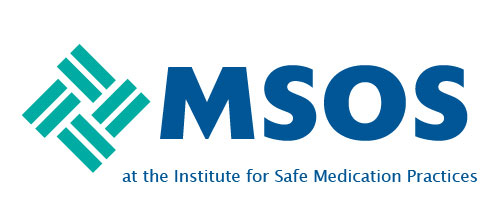Situation: Over the past 8-12 weeks, the pharmacy team at our 400+ bed hospital has seen an increase in unexpected or unexplained heparin anti-Xa levels whereby patients may be therapeutic and then have sudden unexplained undetectable results, or sustained sub-therapeutic levels. It seems that more patients are requiring much higher doses to achieve therapeutic anti Xa results; and patients are taking longer to achieve therapeutic anti-Xa levels.
Please note we have not undertaken a formal study but our observations seem to suggest something is different with heparin.
Some things we have considered:
• Covid surge: lots of patients are Covid +; Covid can affect coagulation and heparin response. We looked at this in our sample of patients and there were more non-Covid+ patients than those with Covid. (We did not look back on previous Covid history or vaccine status however).
• Staffing shortages: Nursing, Lab, Pharmacy; everyone is operating at low staffing levels. Could something be happening pre-analytically with the lab draws?
• Heparin Shortage: Commercially available heparin bags are on national shortage resulting in pharmacy compounded product, beginning Friday, November 19, 2021. We have reviewed our compounding process multiple times and everything checks out.
• QC tests in lab on the heparin analyzer are done regularly several times per day and are spot on. These QC tests have been shared with lab leadership and there is confidence that the machines are working as they should. The lab has also evaluated the timing and process of specimens and that seems to be checking out.
• We have examined smart infusion pump data on individual patients and we have not found anything striking; we also reviewed alert data for each month beginning in September, and this data does seem to corroborate our observation that we are using higher heparin doses. Between october and Nov, there was over a 6 fold increase in the number of upper soft dose alerts, from 81 to 500. See attached graphic.
Has anyone else seen unusual heparin requirements recently?

